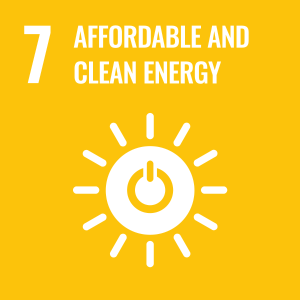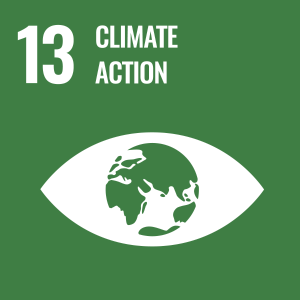Background
The impacts of climate change in the form of more frequent extreme weather events such as typhoons, droughts or rising sea levels are becoming increasingly apparent worldwide. The narrative that it endangers human livelihoods and increases the existing security policy risks in terms of conflicts over water or migration, has led to the adoption of multilateral agreements such as the Paris Climate Agreement and the restructuring of numerous national energy supply systems to reduce CO2 emissions.
The decarbonization of energy supply in the leading industrial nations will lead to a significant change in resource consumption worldwide. The rapid global expansion of renewable energy was remarkable in recent years. More renewable energy represents an increase in the electrification of the energy supply as a whole, which will lead to an increase in electricity trading and the cross-border construction of shared networks. This goes hand in hand with the digitization and decentralization of energy supply structures. Cyber security is therefore also becoming a critical element for maintaining network stability. The transport of hydrogen by sea and land will increase and possibly result in new safety-relevant bottlenecks. The demand for resources will change structurally and qualitatively. Lithium, cobalt, rare earths and other raw materials necessary for the construction of renewable energy systems and electricity storage systems will create new trade relations and thus new dependencies. The ability to develop innovative and low-cost solutions for large-scale decarbonization of the entire economic systems is increasingly becoming a geostrategic factor. By and large, the low-carbon transitions have been drastically shaping the geopolitical landscape of the globe.
Current reports:
Expert Survey: Perception of the Implementation of a Hydrogen Economy in Asia-Pacific
The survey maps the perceptions of Asian energy experts from nine different countries (Australia, China, India, Indonesia, Japan, South Korea, Malaysia, Thailand and Singapore) on the state of the hydrogen economy in the region.
Geoeconomics of Decarbonization in Asia‑Pacific
With the focus on Asia-Pacific, the study analyses decarbonisation policies and strategies in the following six areas: critical resources, use of fossil fuels, geoeconomics of taxonomies, carbon pricing, hydrogen, and cross-boundary electrification.
Expert Survey: Perception of the Planned EU Carbon Border Adjustment Mechanism in Asia Pacific
The European Union is planning to introduce a carbon border adjustment mechanism. The survey maps the views of stakeholders and experts in Australia, China, India, Indonesia, Japan, Singapore, South Korea, and Thailand on the scheme.






